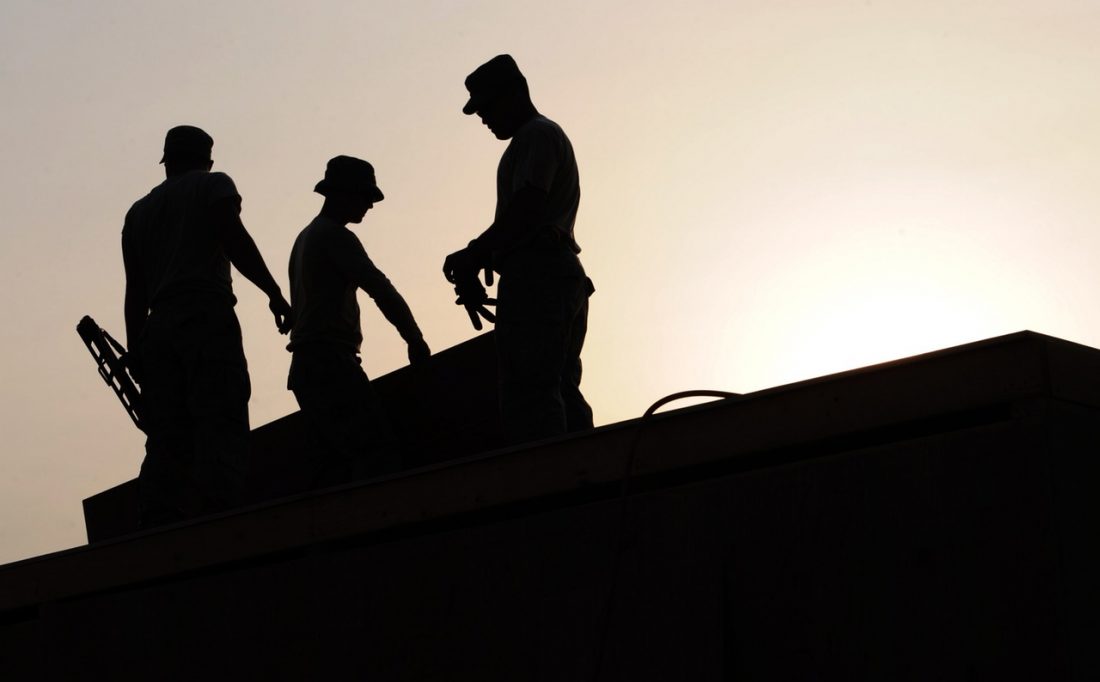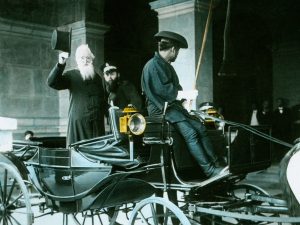It’s a small world.
Isn’t it?
We’re an interconnected and even interdependent transnational society.
Communication is as easy with my neighbor as it is with a friend across the world. But it’s still a world with expansive difficulties—problems that are so big they become overwhelming to consider.
As a global church—The Salvation Army is currently at work in 126 countries—this one Army works for a better world. It collectively works to be a neighbor and to show mercy to those in need because we know it takes collective action to reach a solution.
We are a culturally engaged generation and passionate about hope. As author Tyler Wigg-Stevenson, whose new book The World is Not Ours to Save: Finding the Freedom to Do Good we review in this issue, writes, “We face the choice to live in a tension that cannot be resolved, refusing to be paralyzed by the absence of a solution. This is the decision to labor against vast injustices, the resolutions of which we will likely never see.”
We labor for humanity, for the greater good, even though it’s hard.
The United Nations (UN) brought together 189 governments to slash poverty, hunger and disease by 2015 with the Millennium Development Goals. As the target year approaches, Caring examines progress made and ways The Salvation Army has contributed.
Over the past year a United Nations Global Compact—the world’s largest corporate sustainability initiative—met with thousands of companies to develop an agenda for advancing and achieving the goals post-2015. Many of these agenda items come back to poverty, to human need. As the report states, 20 percent of the world’s employed people live below the $1.25 per day poverty level.
But how do we address worldwide poverty? The Global Compact calls for ensuring economic growth, opening avenues for entrepreneurship, mandating social safety networks, increasing foreign aid, and increasing hiring. “The hallmark of the post-2015 agenda on poverty is not just the identification of the need, but explicit means to bolster social capacity and build strength among the poor,” the report reads.
Even the experts find themselves in that tension of poverty with tangled and challenging factors.
As the church we’re called to feed the hungry, care for the sick, stand against injustice, and care for the stranger. It’s the Great Commandment and the Great Commission. We also know this work needs to be done with excellence and caution against unintended harm and have community development coordinators dedicated to international best practices.
In the For Humanity issue, Caring takes a glimpse into the international workings of The Salvation Army—both from an overarching view at International Headquarters and from specific on-the-ground efforts. This Army is international, and is dedicated to working for humanity.












